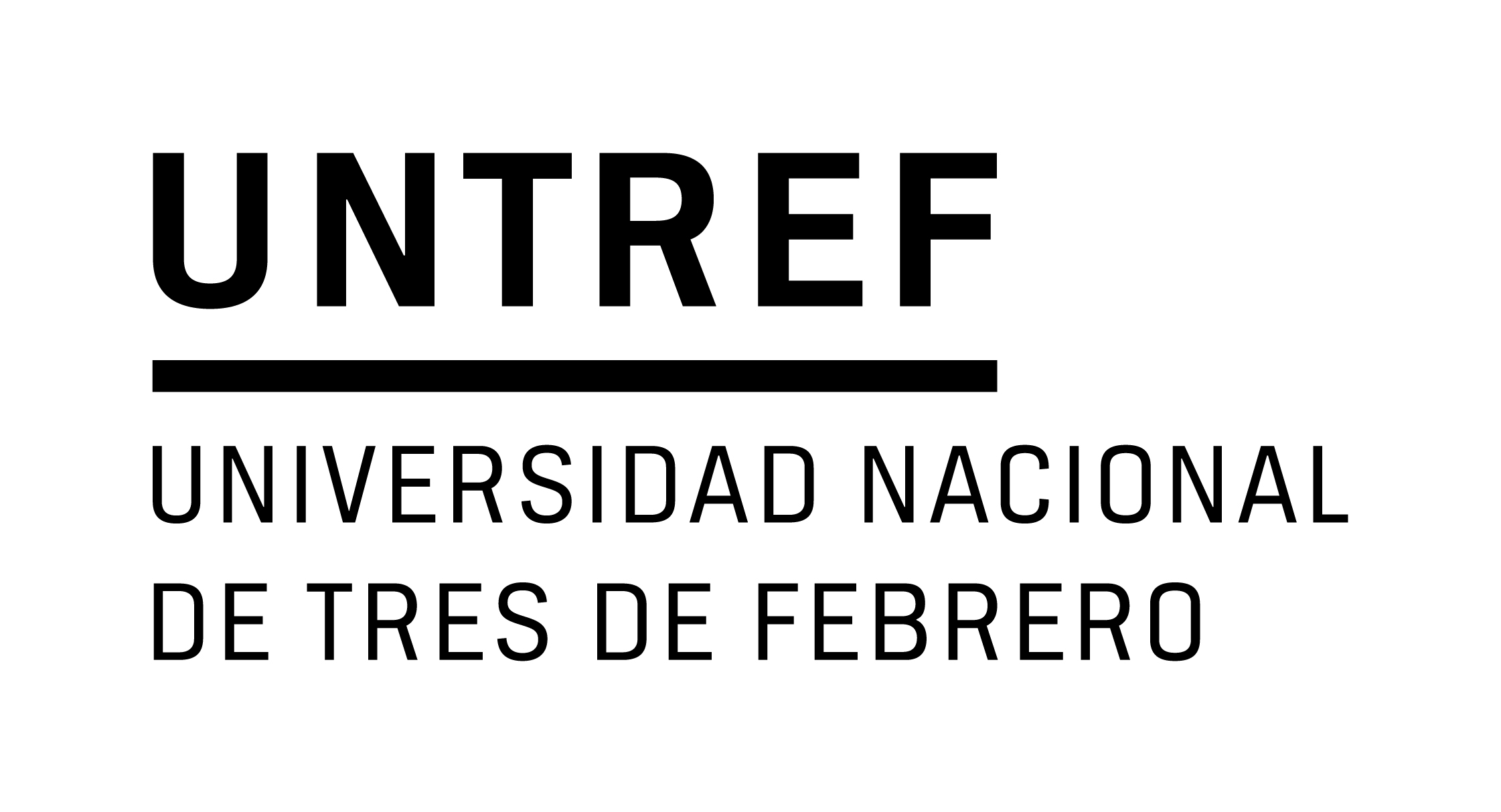1945's forgotten insight : multilateralism as realist necessity
Por: Plesch, Dan .
.
Colaborador(es): Weiss, Thomas G .
.
Tipo de material:  Artículo Tipo de portador: ImpresoTema(s): RELACIONES INTERNACIONALES
Artículo Tipo de portador: ImpresoTema(s): RELACIONES INTERNACIONALES| Tipo de ítem | Ubicación actual | Signatura | Info Vol | Estado | Notas | Fecha de vencimiento | Código de barras | Reserva de ítems |
|---|---|---|---|---|---|---|---|---|
| Publicación Periódica | Biblioteca UNTREF - Sede Posgrados | H327/PER (Navegar estantería) | Vol. 17, no. 1 (feb. 2016) | Disponible | SE | 2.009325 |
The 70th anniversary of the signing and entry into force of the UN Charter provided an occasion to explore the historical underpinnings of contemporary global governance. This article redresses the neglect of the United Nations as a multilateral structure before the conference that drafted the Charter in 1945. It rehabilitates an underappreciated aspect of the period that began on January 1, 1942, with the “Declaration by United Nations,” namely, the combination of multilateral strategies for military and human security to achieve victory in war and peace. The wide substantive and geographic resonance suggests the extent to which the pressures of the second war to end all wars helped states to overcome their disinclination to collaborate. Today’s fashionable calls for “good enough” global governance abandon the strategy of constructing robust intergovernmental organizations; they are not good enough, especially, because our forebears did much better. Many insights and operational approaches from 1942 to 1945 remain valid for addressing twenty-first-century global challenges.
